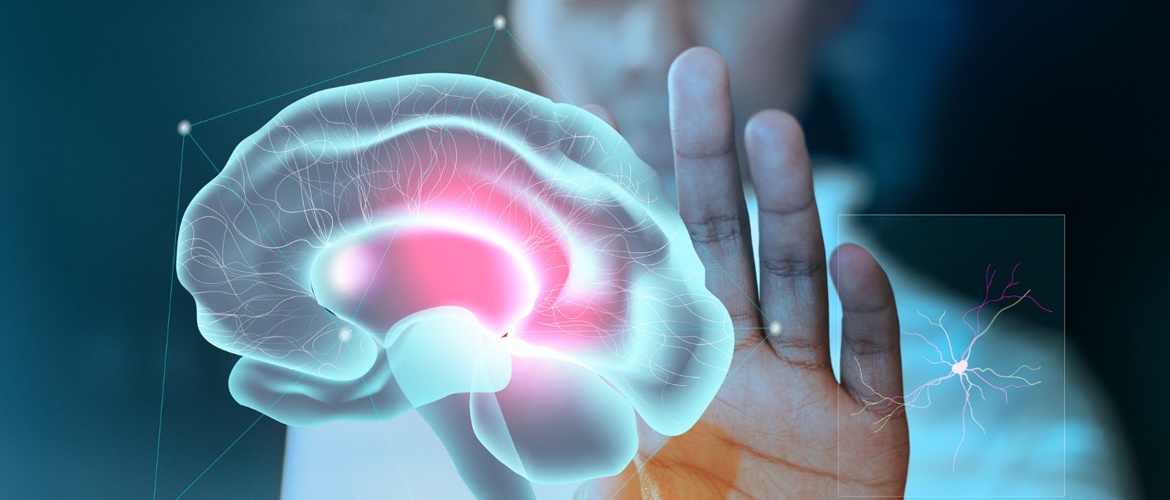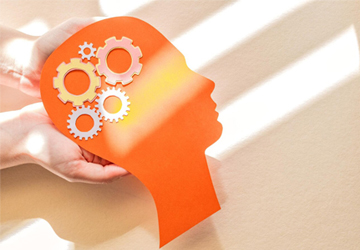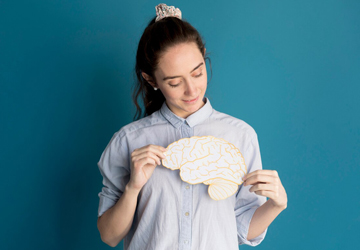Common signs include memory problems, difficulty concentrating, mood changes, seizures, and physical coordination issues. Early detection is crucial for effective treatment.
- 83 8008 0059
- 1st Floor, Chavan Mohite Complex, Umbrya Ganpati Chowk Dhayari, Pune



